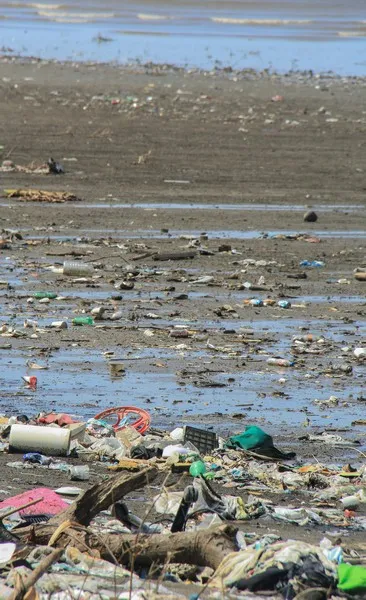Neoliberalism, as an economic and political ideology, has had far-reaching effects on various aspects of society, including the environment. The principles of neoliberalism, such as deregulation, privatization, and free trade, have been heavily criticized for their negative impact on the natural world. In this article, we will outline and explain some of the detrimental effects of neoliberalism on the environment.
1. Exploitative Resource Extraction
Neoliberal policies often prioritize economic growth and profit maximization over environmental sustainability. This has led to an increase in exploitative resource extraction practices, such as mining, deforestation, and overfishing. With weakened regulations and oversight, corporations have been able to exploit natural resources without adequate consideration for the long-term consequences on ecosystems and biodiversity.
2. Environmental Degradation
The pursuit of economic growth and profit under neoliberalism has resulted in significant environmental degradation. The drive for increased production and consumption has led to the pollution of air, water, and soil. Industries, particularly those in developing countries with lax environmental regulations, have been known to release harmful pollutants and toxins into the environment, leading to the destruction of habitats and the endangerment of species.
3. Climate Change
Neoliberal policies have contributed to the exacerbation of climate change. The reliance on fossil fuels for energy production and transportation, coupled with the resistance to implementing sustainable alternatives, has resulted in increased greenhouse gas emissions. The failure to prioritize renewable energy sources and reduce carbon emissions has further accelerated global warming, leading to more frequent and severe weather events, rising sea levels, and the loss of biodiversity.
4. Privatization of Natural Resources
Neoliberalism promotes the privatization of natural resources, including water, forests, and land. This has led to the commodification of essential elements of the environment, often resulting in their mismanagement and depletion. The profit-driven approach to resource allocation has led to the inequitable distribution of resources, leaving marginalized communities vulnerable to water scarcity, displacement, and loss of livelihoods.
5. Inequality and Environmental Justice
Neoliberal policies have contributed to widening socioeconomic inequalities, which in turn have negative implications for the environment. The concentration of wealth and power in the hands of a few has allowed corporations to influence policy decisions and undermine environmental regulations. This has resulted in the disproportionate burden of environmental harm falling on marginalized communities, who often lack the resources and political influence to protect their rights and the environment.
Conclusion
The negative effects of neoliberalism on the environment are evident in the exploitative resource extraction, environmental degradation, contribution to climate change, privatization of natural resources, and exacerbation of inequality. Recognizing these detrimental impacts is crucial in order to develop alternative approaches that prioritize environmental sustainability and social justice. It is essential to strike a balance between economic growth and the protection of the environment, ensuring a sustainable future for both current and future generations.





